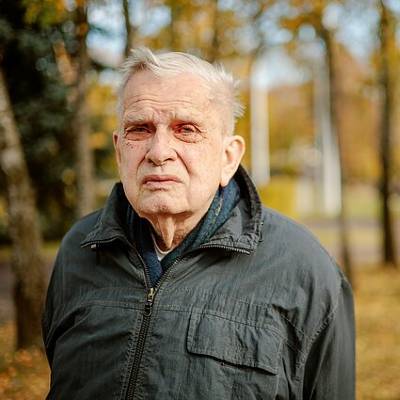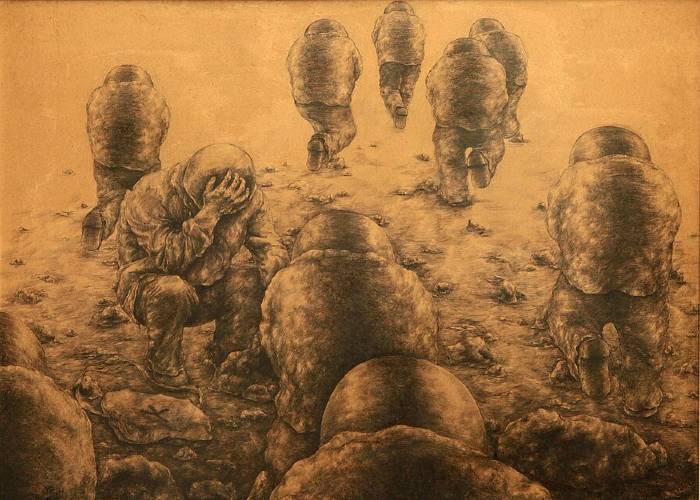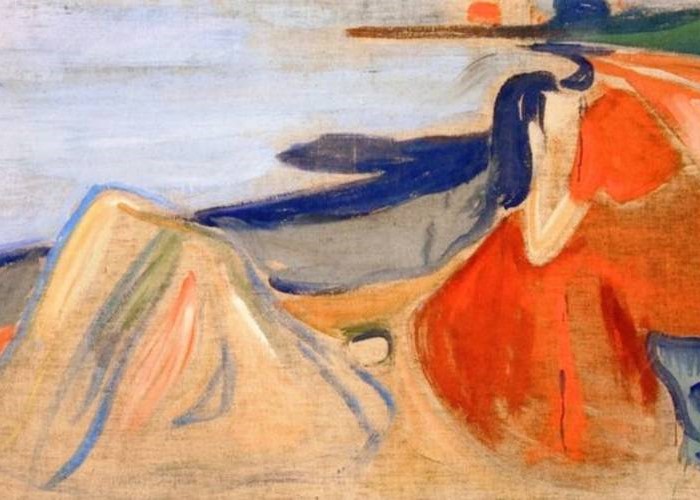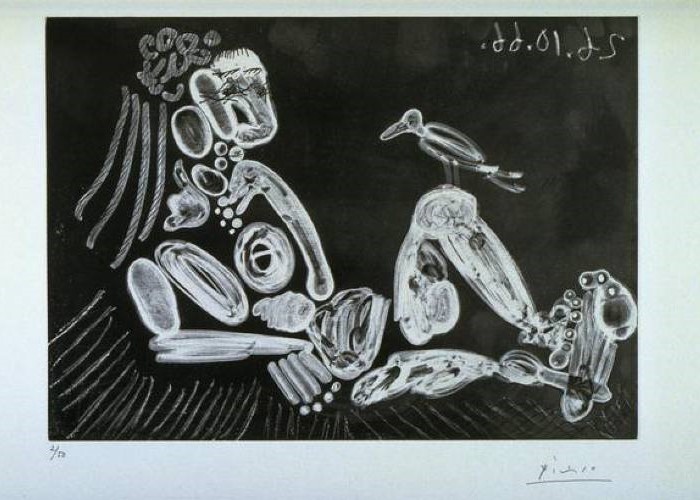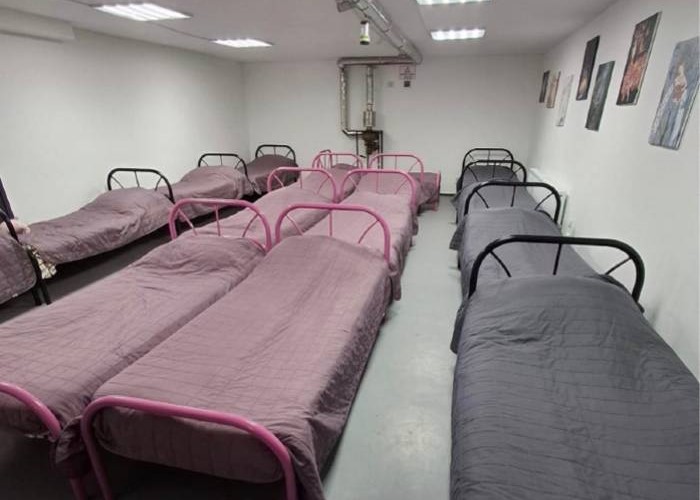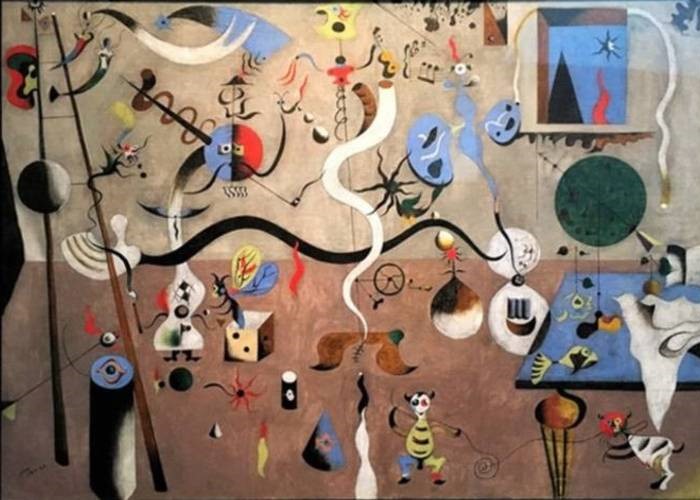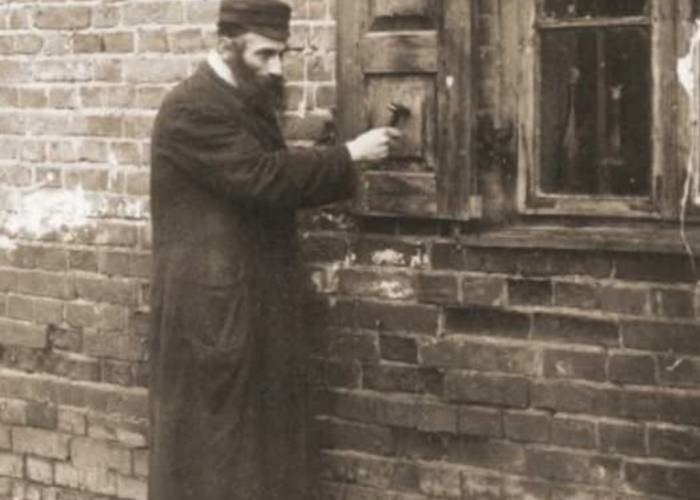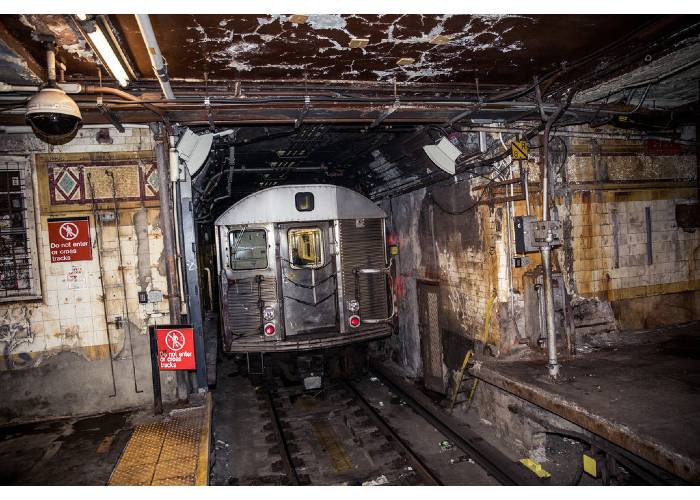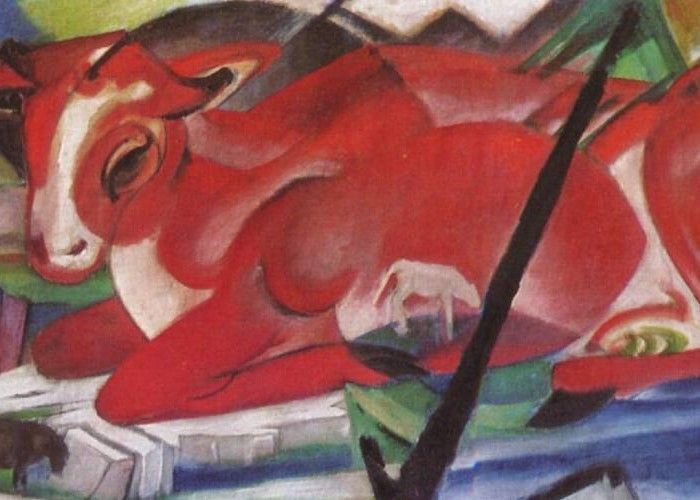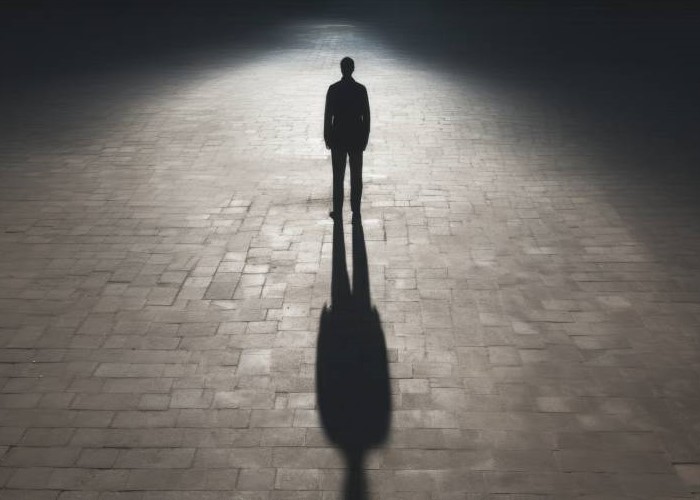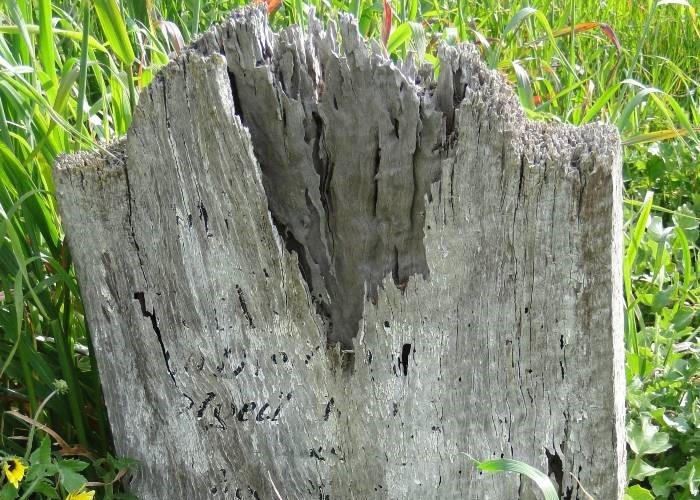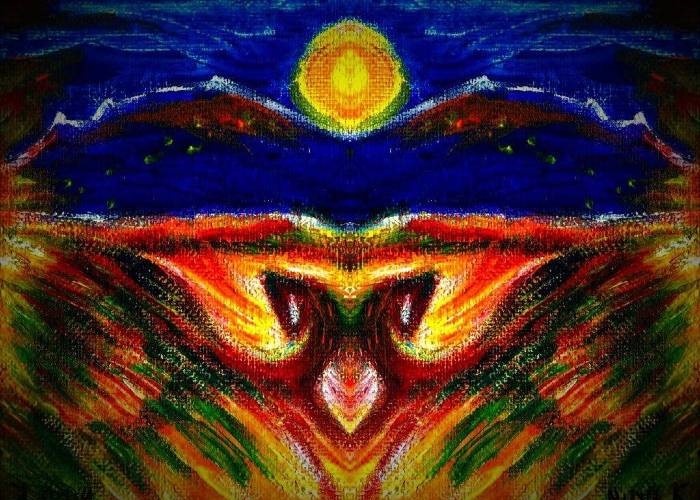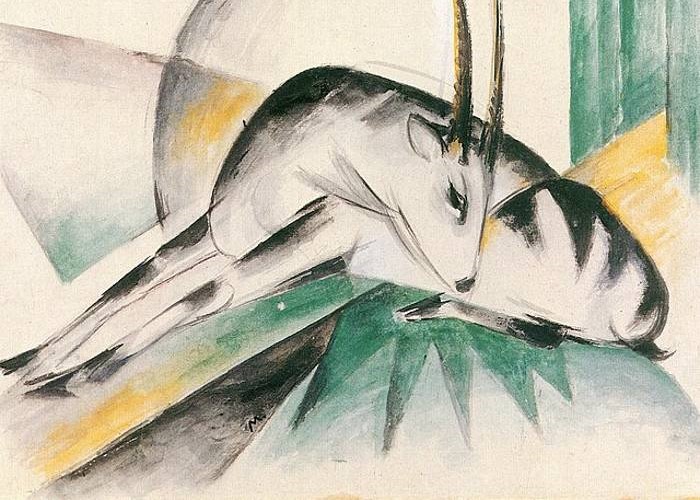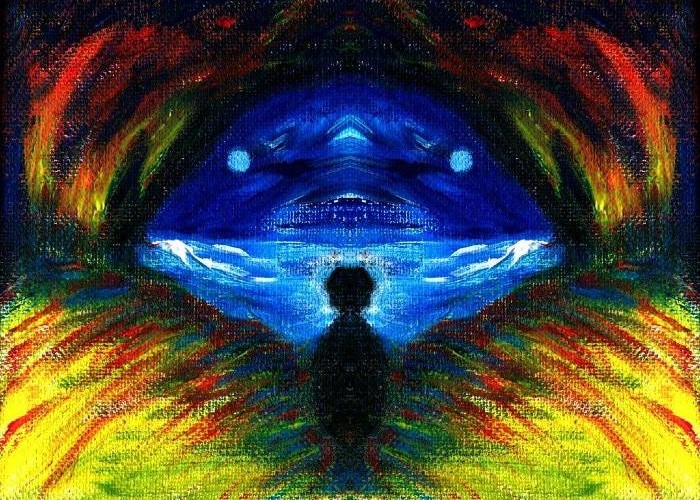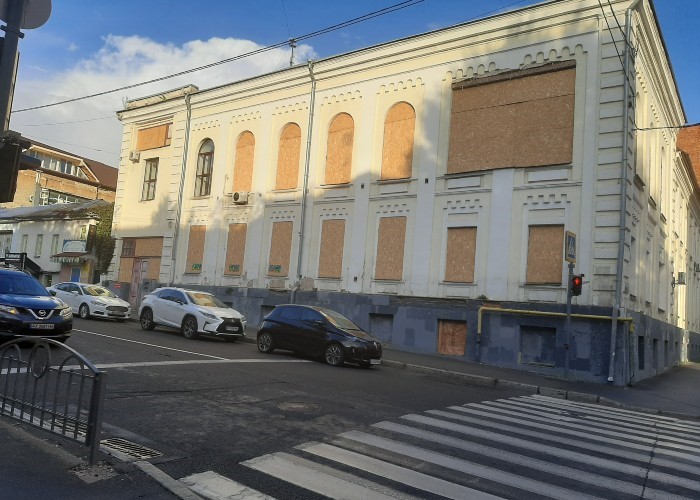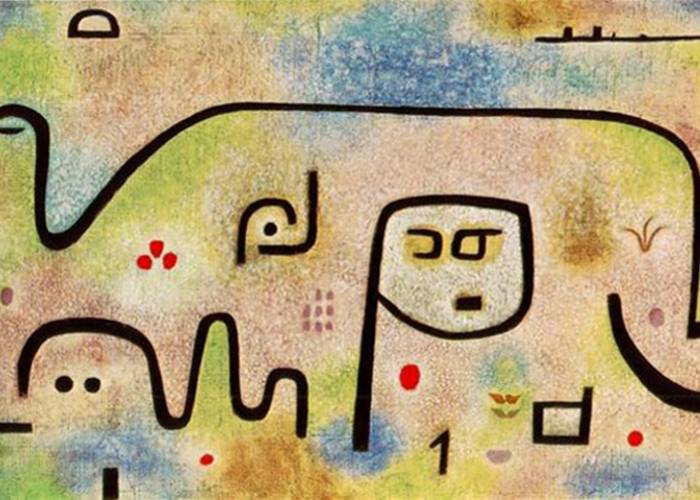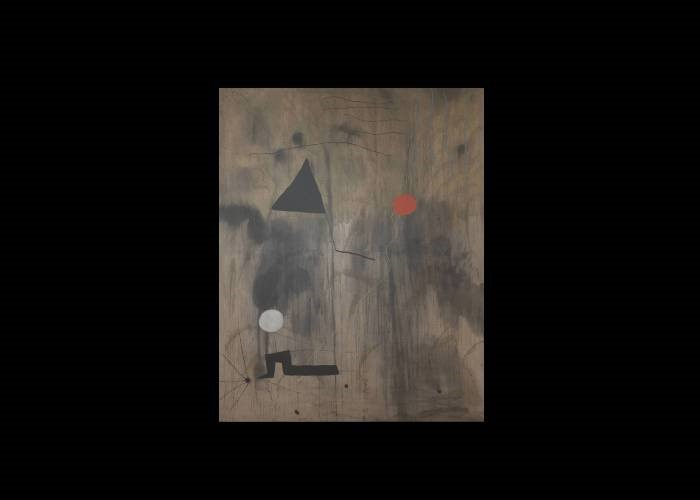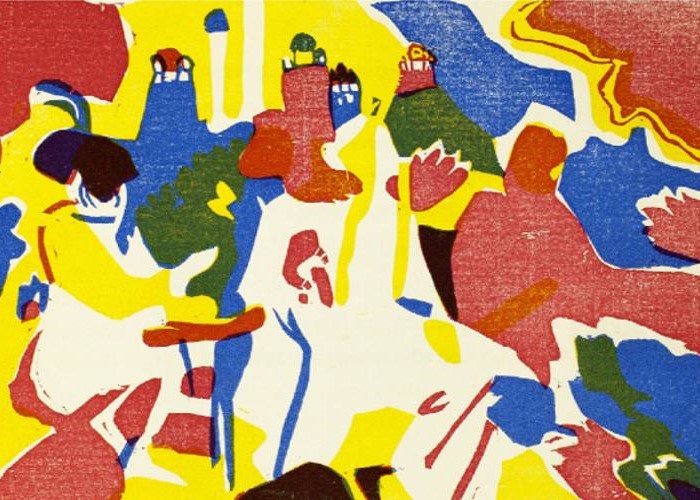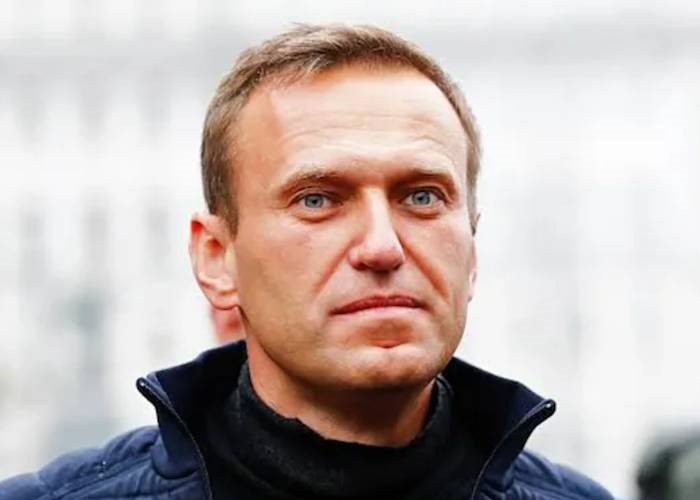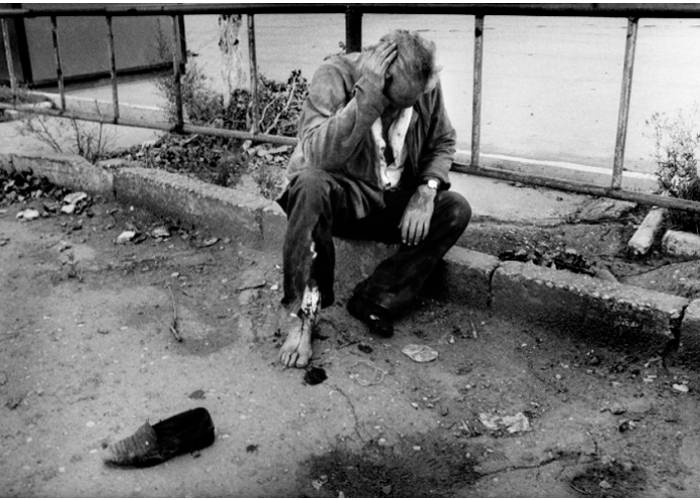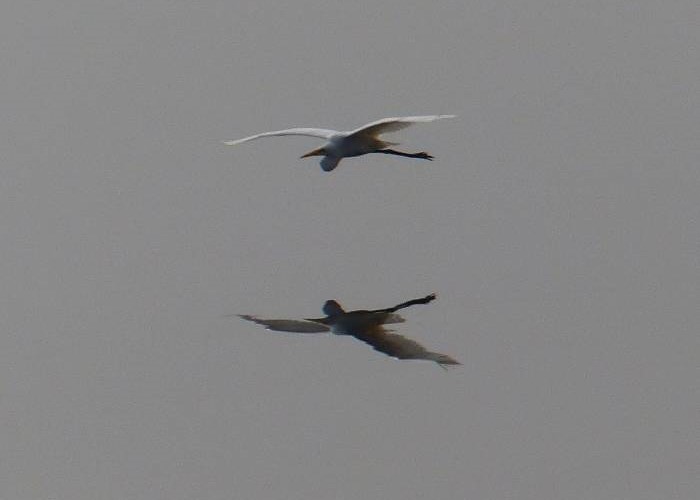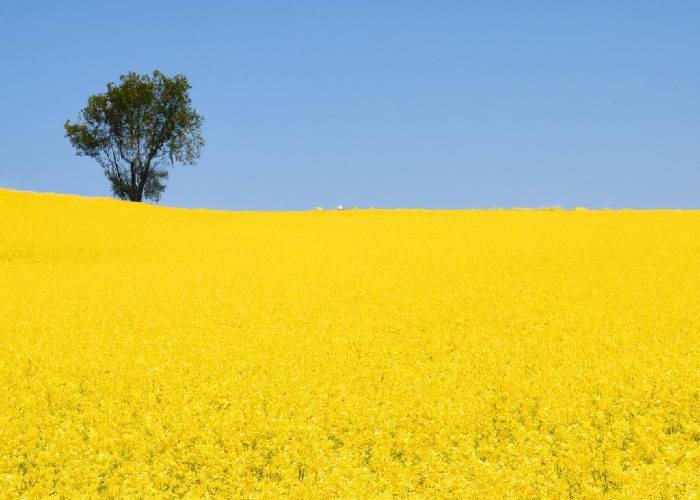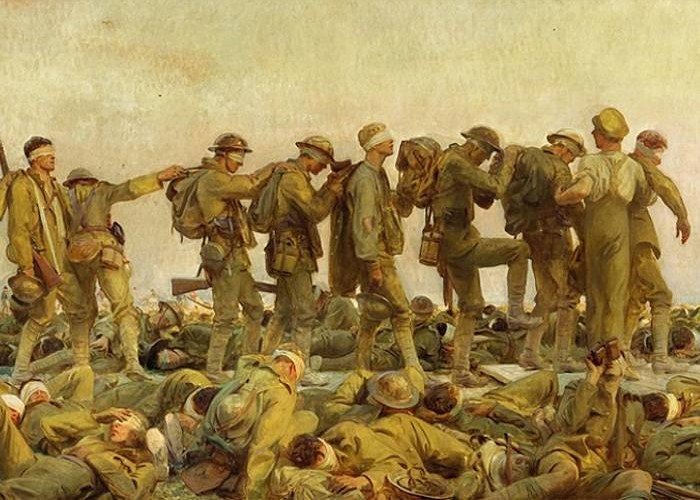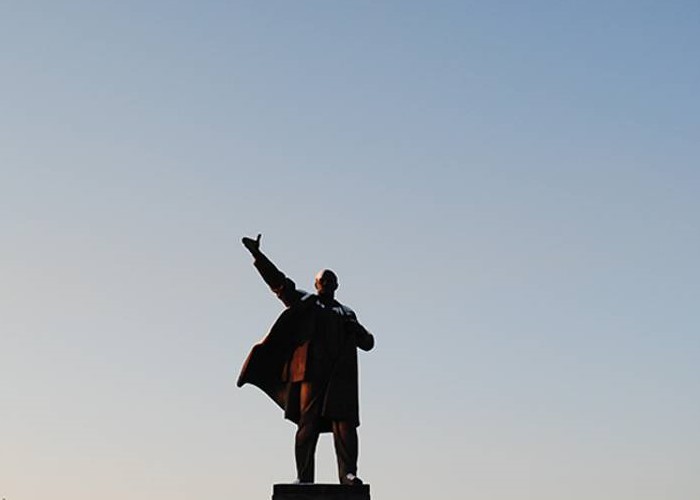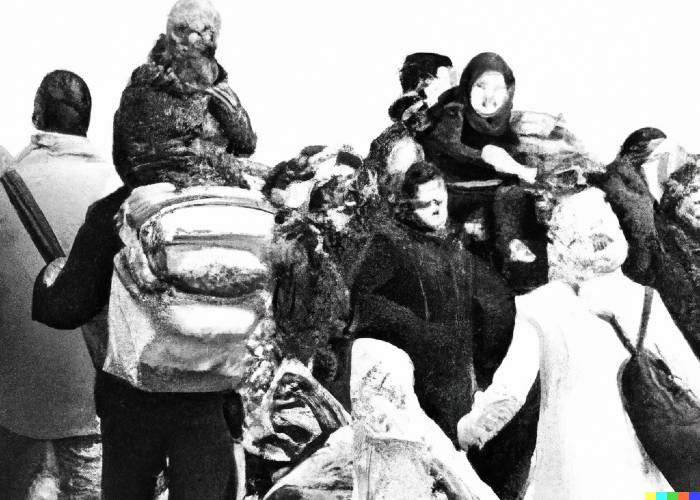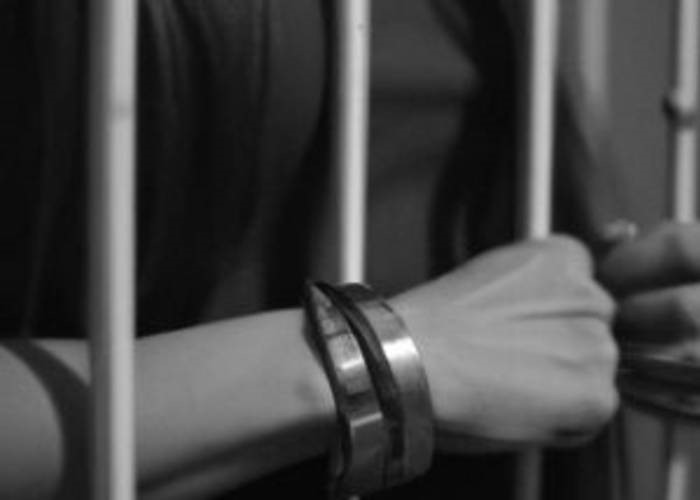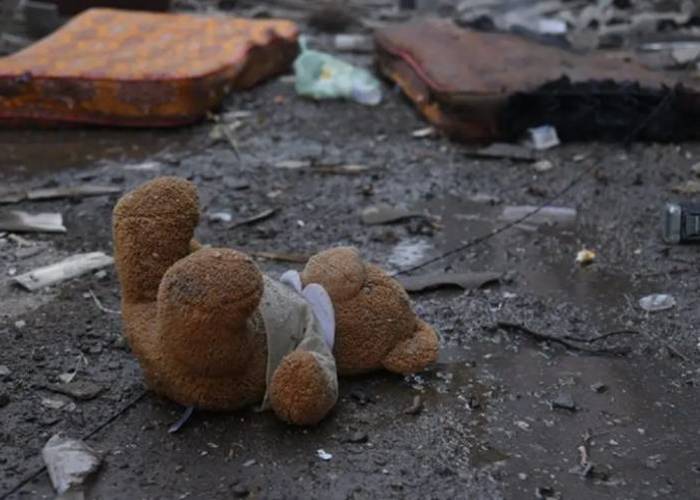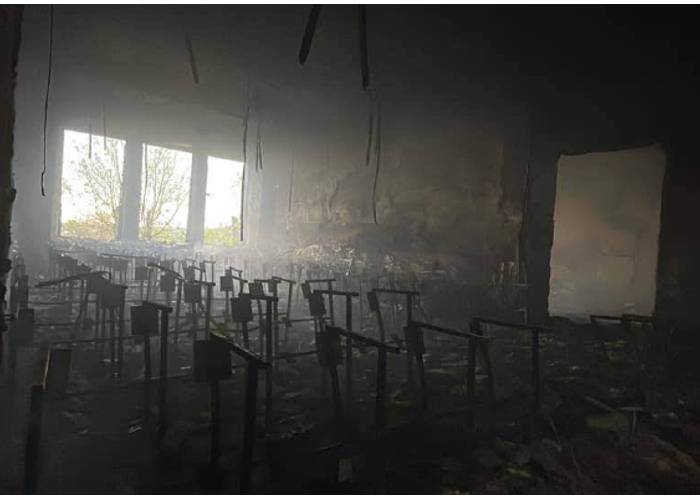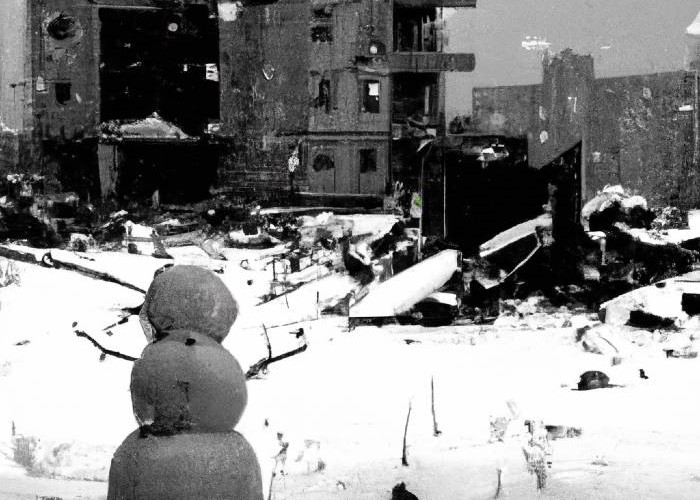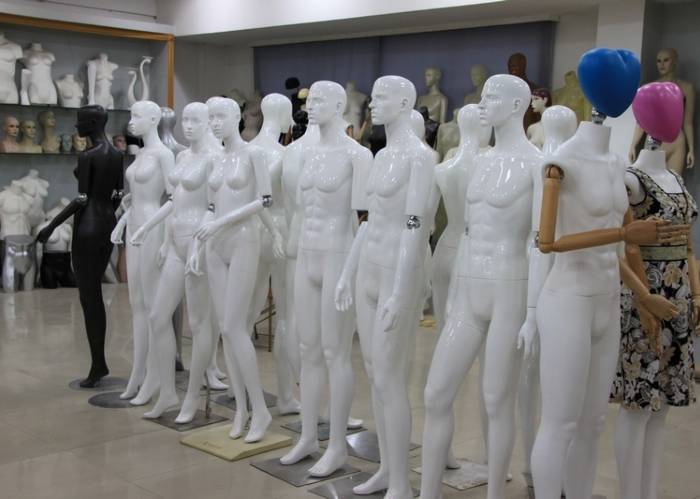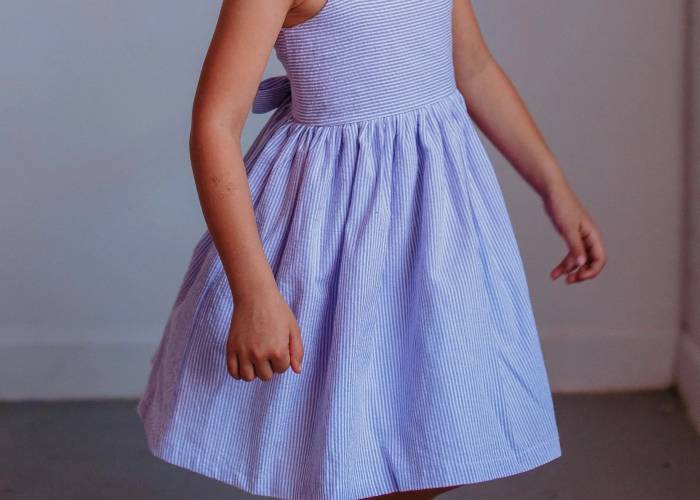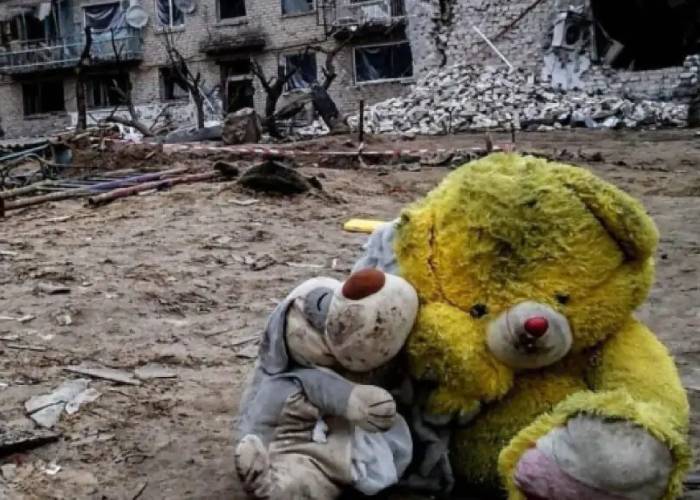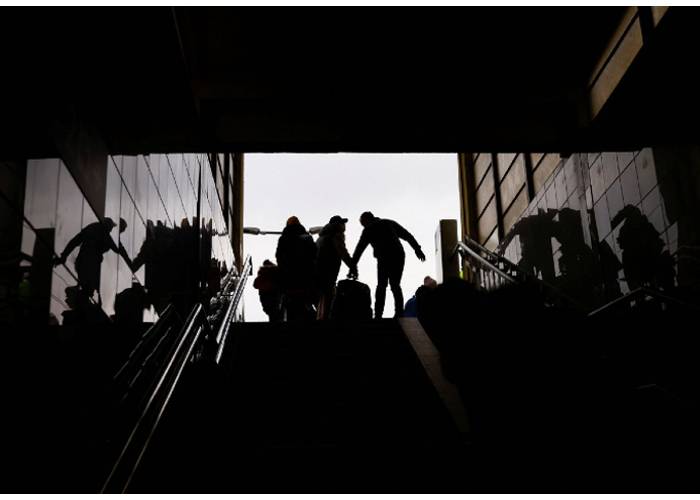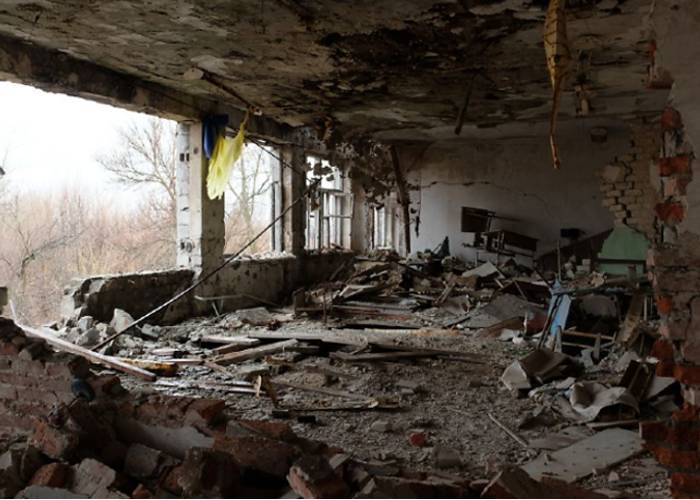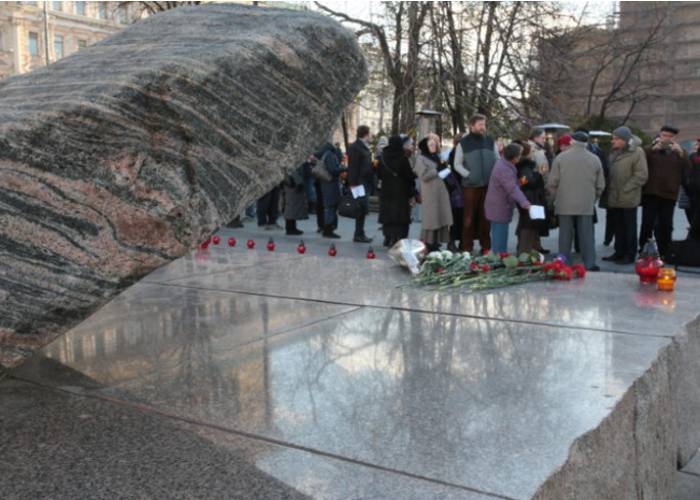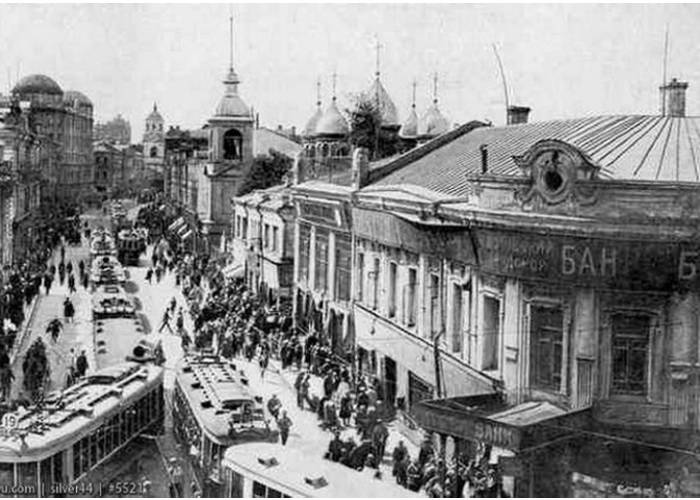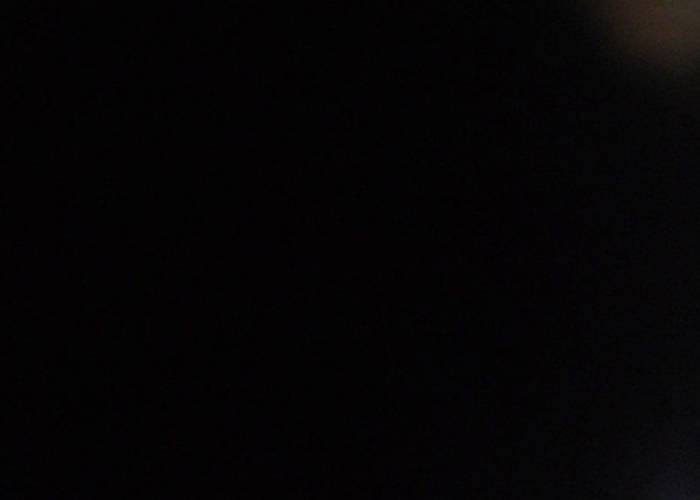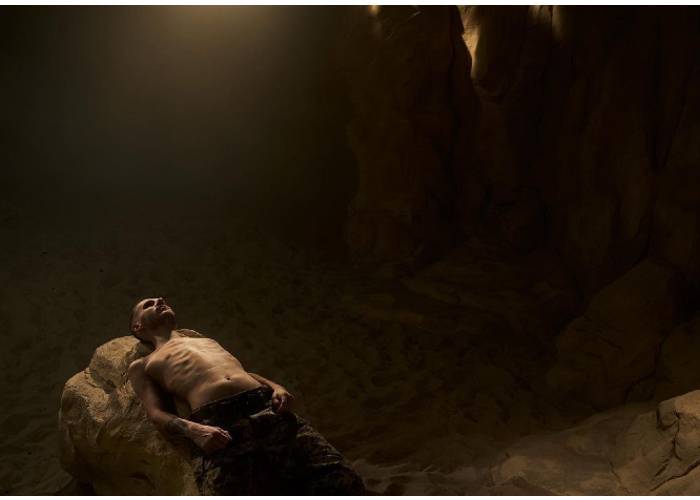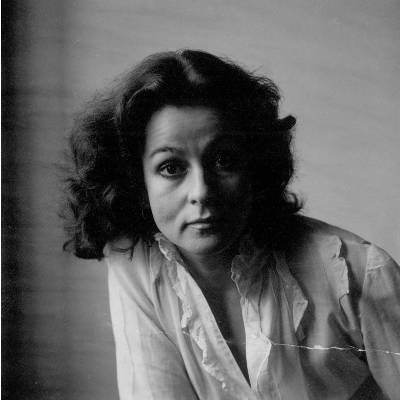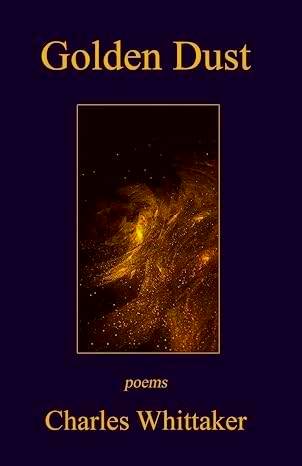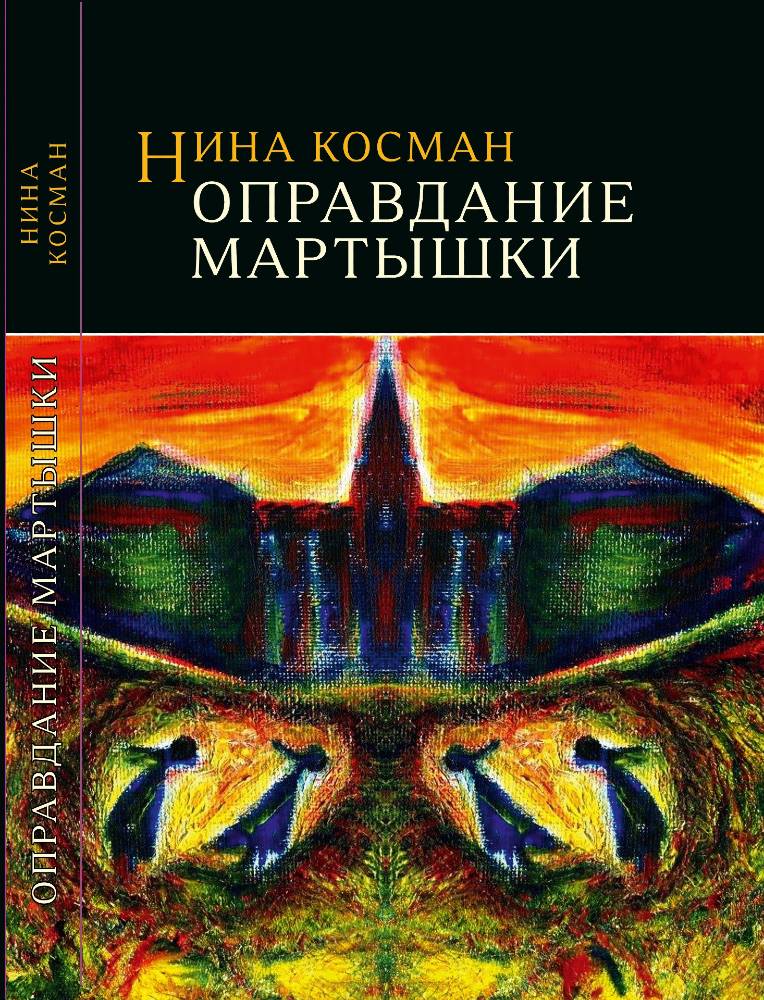O, glory to you, goddess of History, surrounded by the entourage
of rocket husks and the soldiers killed!
You are hiding for now. . . but can’t we really recognize you
in the swarming of helicopter moths and screeching of tank tracks?
Later we will get used to your orders. For the beginners —
a massive laceration of a skyscraper and a destroyed wharf,
bundles of ripped-apart tracks, steppes, torn apart by the war,
this is the scene where Peter the Great threatened Mazeppa.
Death is still young. She needs time and to improve her skills.
She tries hard, tries to learn, demands repetition,
and you hear ”Fire!’, and the world is flattened like dough:
you can only get it right (on the fifth try). And then – just a wet stain.
A drone leaves circles in the sky, and sometimes, squares.
A twenty-year-old guard walks a captured guy, one of the locals
along the gap-toothed fence ( don’t rush, you are too fast) –
the last three steps last longer for both than miles.
The content of a massacre flows from ruins, drowning in smoke,
into other ruins. A satellite, stuck in-between,
impassively registers: here is a cannon, a parking lot, a cistern,
ten blocks are taken– gloria nostra aeterna.
Oh, my God, how far away are the railroad stations and ports!
Everywhere – uncertainty, ours and the enemy’s cohorts,
treacherous checkpoints. Abandoned to looters
sheep, goats, and chickens, a fading gaze, which contains
unworthy of a place on a map Merefa, Irpen, Trostyanka,
their doomed roofs trembling in the scope of a tank,
where a church dome lies in the nettles, broken,
and young children learn words, like: “a rifle,” “a traitor,” and “hunger.”
A grey ribbon of the surf will be sewn through by buckshot, not by a seagull,
the blue color of shrapnel is clean and random –
it will be met with horror by babies conceived in a basement,
since the sky now is no Eden, but an expanse for vultures, God’s absence.
A stain of congealed blood. Midday threatens to turn into dust.
Every Thermopylae naturally deserves its own Ephialtes.
let them be, we will divine, what the outcome will be:
all roads are blocked, but the Medes will break through.
Oh, History goddess, no escape from your vengeance,
enemy’s boulevards melt in the rays of the descending Sun,
a young student under a linden tree, resentful of ennui and inflation,
repeats like a mantra: “How sweet feels the hatred for the Motherland,*”
as far as the military guys are concerned – they were destined for death
from birth, still trying to catch a breath in an airless labyrinth.
Their lips barely trembling, but you can still hear in the cement sack
a man’s curse addressed to the enemy by Cambronne** – f…k!
______________
* from a poem by Vladimir Pecherin, a 19th-century Russian writer
** Cambronne – a French general. A strategist of the French Revolutionary Wars and Napoleonic Wars, he was wounded at the Battle of Waterloo.
The Original
AZOVO KAMPANIJA
Pasveikinta būk, primiršta Istorijos deive,
su svita iš raketų lukštų̃, negyvų kareivių !
Atpažįstam tave – nors tavęs dar nėra – tą beviltišką dieną,
kai sugirgžda vikšrai ir sraigtasparnių kandys perskrenda sieną.
Paskui prie tavo valdžios priprantame. Pradžiai –
anga daugiabučio krūtinėje, gruzdantys pamario medžiai,
apšaudomi bėgių mazgai, neužmatomas stepių teatras,
kur juodžemio luituose klimpo Mazepą burnodamas Petras.
Mirtis dar jauna. Jai reikia įgūdžio, laiko.
Ji bando, ji mokosi dirbti. Lėtai nusitaiko,
bet ilgokai nekliudo. Skeveldra pasveikina kūną
tik iš penktojo karto. Po to jau nieko nebūna.
Dronas nužymi ore neįžiūrimą brydę.
Dvidešimtmetis sargybinis purvinu patvoriu lydi
kur kas vyresnį miestietį – kas iš to, kad civilis, –
ir paskutiniai trys metrai abiem prailgsta kaip mylios.
Bušlatų brinkstantis tūris iš vienos griuvėsių vietovės
prasisunkia į kitą. Įstrigęs erdvėj palydovas
jį tingiai fiksuoja. Pabūklas ištaškė azoto cisterną.
Užimta dešimt kvartalų – gloria nostra aeterna.
O, kaip toli išganingos gelžkelio stotys ir uostai!
Prieš akis – nežinia, draugų ar priešų blokpostai,
ar praleis, ar iššaus. Marodieriams paliktos vištos
prieangiuos, ožkos kiemuos, net žvilgsnis, sugrįžtąs
į žemėlapy nepažymėtą Trostianką, Merefą, Irpinę,
kur skylėti stogai šmėžuoja tankiam dilgėlyne,
salsvas nebesančių tvaikas į koserę smelkias,
o kūdikiai pratinas tarti: „išdavikas“, „šautuvas“, „alkis“.
Brūkšnį atoslūgio juostoj išbrėžia kulka, ne žuvėdra,
už subyrėjusio lango veidrodis atmuša giedrą –
ją su baime stebės užgimę slėptuvėse ainiai,
nes dangus – branduolinės grėsmės, ne Dievo buveinė.
Sukrešusio kraujo dėmė. Sprogmenio bosas ir altas.
Kiekvieniems Termopilams, žinia, atsiras Efialtas.
Atsisveikink su jais – nesuprasi, garbei ar gėdai:
takai atkirsti, ir vis viena prasiveržė medai.
Ką gi, Istorijos deive, karas – tai karas.
Leipsta saulėkaitoj priešiško miesto bulvaras,
ir studentas po liepos laja, cigaretę į smėlį įmynęs,
atkartoja senas eilutes: „Kaip saldu nekęsti tėvynės“,
o kareivis – jo vardo draugai nepajėgs atsiminti –
dar įkvepia oro likutį tvankiam labirinte.
Jau nebekruta lūpos, bet girdi akmuo ir betonas
kietą žodį, kurį užpuolikams tėškė Cambronne‘as.
